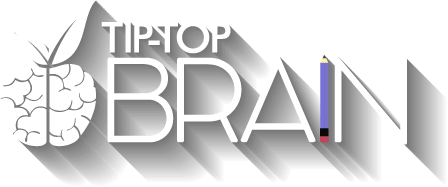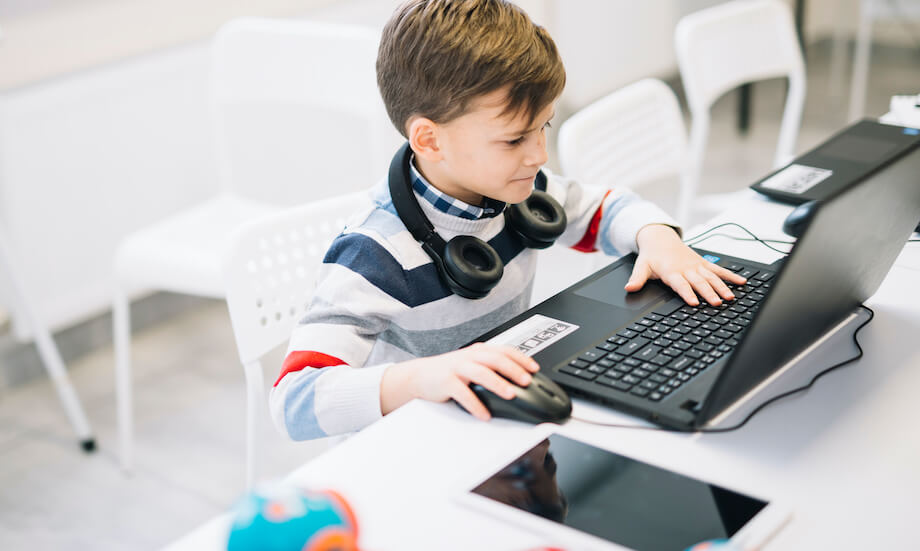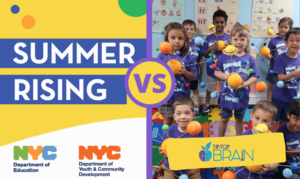The experience of transitioning to online school was defined by the learning curve it brought. The big switch was rather sudden and dizzying for students, teachers, and parents. We quickly noticed the differences between tablets vs laptops for students online. Moving into the new school year, we’re given a chance to leverage lessons from the trials and tribulations of our last school year into this one. As you prepare your child for their school year, buying supplies may raise some new questions.
Tablets vs laptops, which wins? We know when students are learning remotely, they’re using either device for the entirety of the day, so determining which fit is best for your child is imperative. The decision, to some degree, will impact the way your child participates and interacts in class. Tablets, no different than laptops, have strengths and weaknesses, so it’s important to weigh the pros and cons as they pertain to your child.
Tablets
In recent years, tablets have gained popularity. Amongst the most popular models right now are Apple’s iPad and Samsung’s Galaxy Tablet, both typically equipped with 32GB of storage. In general, tablets vs laptops are better suited than for younger students. Oftentimes, the tablet format and use are similar to phones and devices students are already familiar with. Moreover, tablets vs laptops usually have much more user-friendly displays. Applications are each in their own cell, and navigating the device feels somewhat intuitive. No less, younger students tend to have trouble using keyboards, so there isn’t any huge loss incurred opting for a tablet. However, as students get closer to middle school age, there are some important considerations for students to make.
Pros
Extremely Portable
Tablets vs laptops are known for their hyper-portability. Due to their light weight and sleek shape, they’re easy to transport, and use while standing. Moreover, the absence of a keyboard saves a tremendous amount of space when working temporarily in cramped or shared spaces.
Long Battery Life
With fewer hardware components, tablet batteries will generally last much longer than laptops.
Easy to Draw/Annotate
Many students are asked to write on their screens at some point during the class. For students using a laptop, this could be tricky. Using the trackpad to draw smooth continuous lines, or neat letters is challenging. When students use tablets to write in class, they can use a stylus and write as if they usually would on paper. Although a stylus need never be replaced, they’re quite easy to lose. For that reason, I recommend purchasing this uber-affordable pack of 8 from Libberway.
Cons
Touch Screen Keyboard
Touchscreen keyboards are inferior to external keyboards. Although touchscreen keyboards work fine for occasional brief typing, students doing lots of key-crunching will be better off opting for a laptop or supplementing their tablet with an external keyboard.Small-ish Screen
Tablet screens on average are about 10 inches. The average laptop screen is roughly 3-5 inches larger.
VLE Features May Not Work as Well
Applications used for virtual learning like Zoom, may not be available on the tablet you chose, depending on the operating system. However, Zoom is available on the Amazon Fire HD tablets, which have stellar displays and speaker quality, never mind the extensive parental controls. In any case, many of the tools used in online classes are configured for desktop use primarily. Consequently, using certain features may prove more difficult.
Laptops
Laptops have been a staple in classrooms for quite a while now, albeit typically amongst older students. It seems like everywhere you look, there are MacBooks left and right, but there are a variety of alternative laptops that are just as popular, and functional. For older students, especially those in High School, a laptop is a worthwhile investment. As students get older, their tech-needs quickly become more sophisticated. Laptops offer high school and college students the computing and storage power they’ll likely need, as well as a full-size keyboard— a must for older students doing more typing.
Pros
Large Screen
Most laptop screens come with 13-15 inch large screens. Thus, they offer exceptional readability.
More Functionality
Laptops can do everything a tablet can do and more, with the exception of certain touch screen features, and taking pictures. Certain laptops from Dell and HP, however, are equipped with touchscreens, offering you the “best of both worlds.” Laptops are designed for more intensive tech use than tablets, and allow users far more use.
External keyboard
Folks have long forgotten all of the utility brought by non-touchscreen keyboards. The external keyboard is tactile and easy to use, with all of its keys clearly visible in one place. Best yet, when the inevitable screen-crack appears in your display, your keyboard will remain entirely functional.
Cons
Shorter Battery Life
The trade-off of greater computing power and heftier hardware is necessarily shorter battery life. Although not necessarily a deal-breaker, it could make travel cumbersome.
Heavier
If the tablets vs laptops debate was solely about weight, laptops take the cake. This consideration isn’t often made by adults, but for younger users, it may be important. A heavy laptop could further make portability for students harder, never mind the increased possibility of an accidental hand-slip.
Should are students better off using tablets vs laptops? When weighing your options, it’s likely most important to consider your child’s age. For the youngest students, a tablet is ideal, but once students make it farther on their education journey, a laptop might make more sense. However, many students between late elementary and early high school could probably use either a laptop or a tablet, so critically considering the pros and cons of each is worth the energy.







